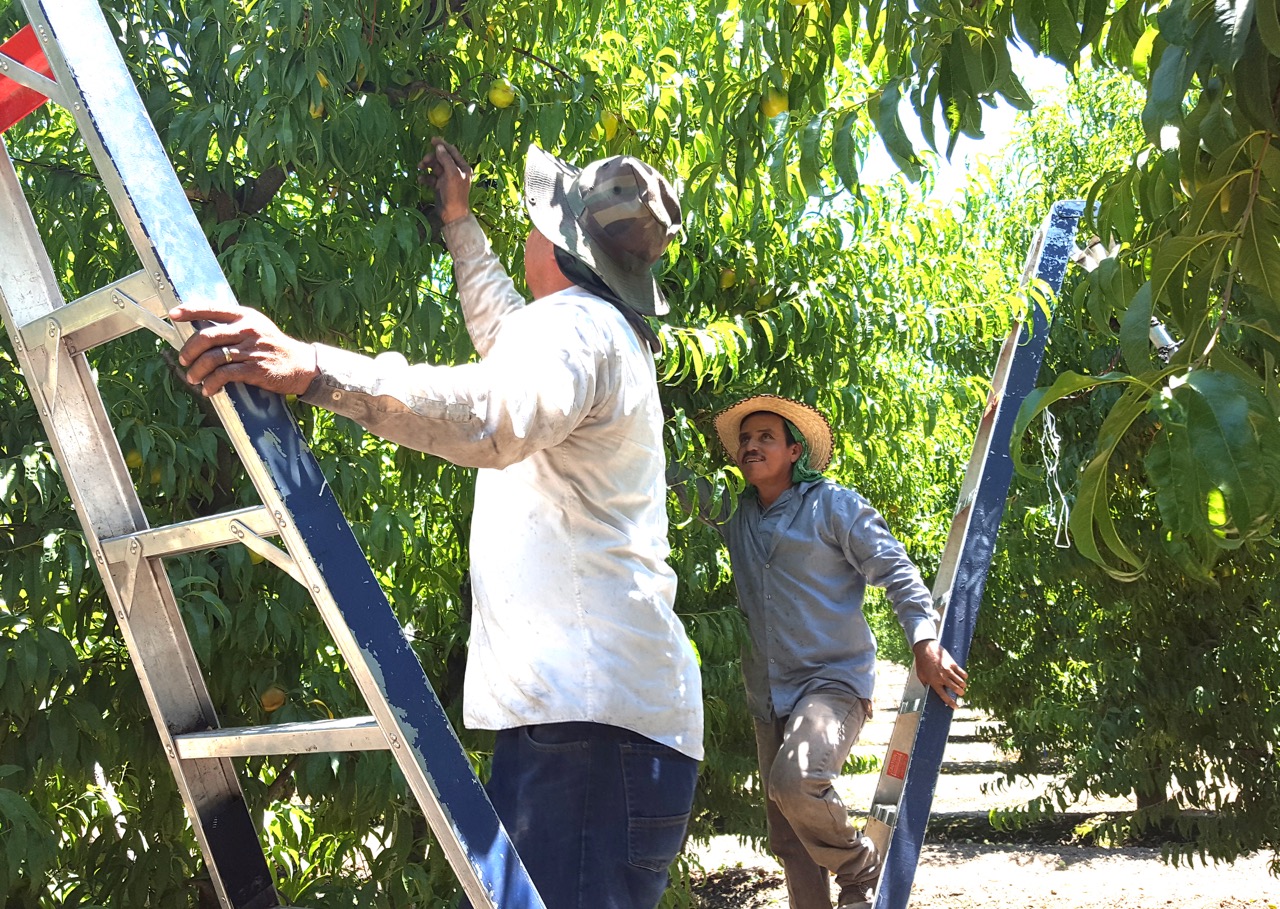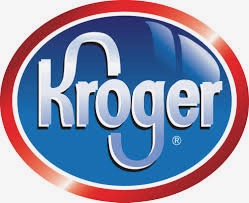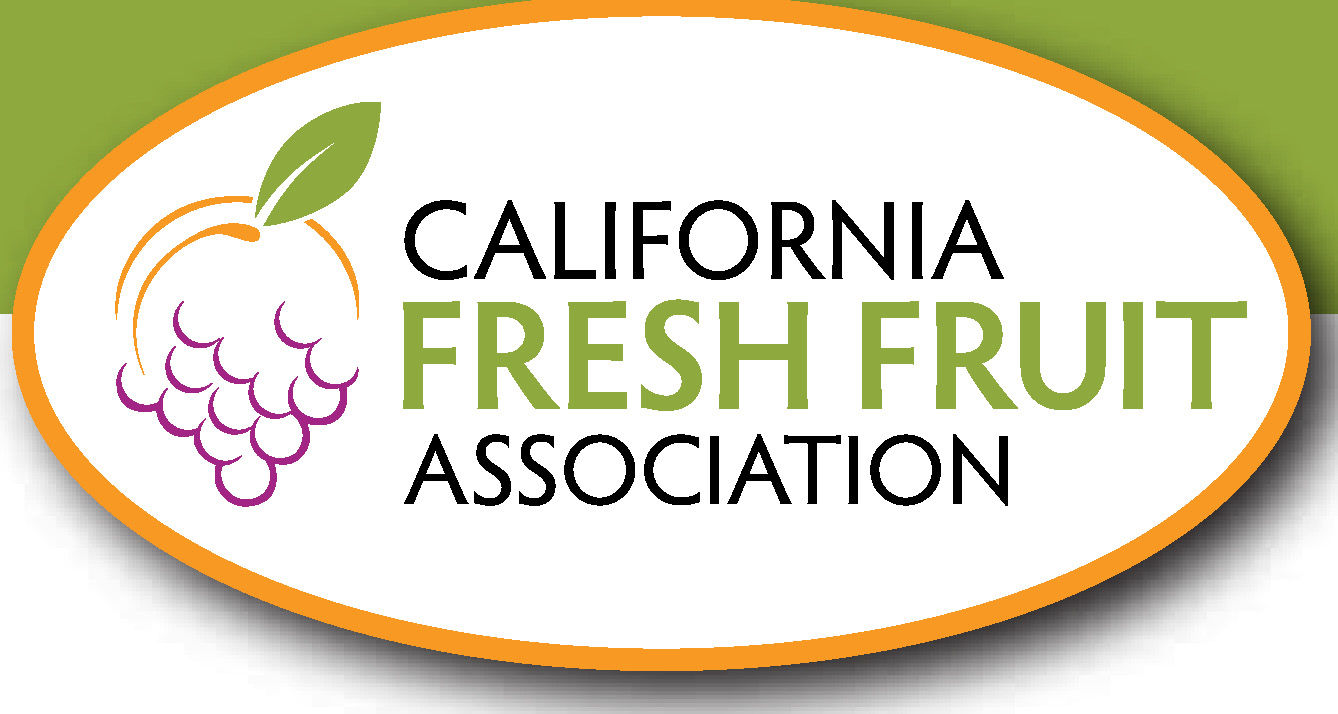Adam Borchard Joins California Fresh Fruit Assoc.
California Fresh Fruit Association Hires New Director of Government & Public Policy
The California Fresh Fruit Association (CFFA) is pleased to announce the hiring of Adam Borchard as its new Director of Government & Public Policy. Mr. Borchard comes to the Association after serving as a Regulatory Advocate at the Association of California Water Agencies (ACWA).
The Chairman of the Board for the Association, Randy Giumarra of Giumarra Vineyards Corp., stated, “We are thrilled that Adam has agreed to become a part of the team at CFFA. His personal background and education, as well as his extensive experience working on water resource issues on behalf of ACWA will bring great value to our membership.”
Association President Ian LeMay added, “I have had the privilege of knowing Adam over the past two years during his time as a part of Class 49 for the California Agriculture Leadership Program. We are extremely fortunate to have Adam join the CFFA team. Adam brings an extensive educational and professional background to this position and we are excited to see what he can accomplish on our members behalf. We believe that Adam is a natural fit, along with our current staff, to continue to bring value to CFFA members and to serve the California fresh fruit industry.”
Mr. Borchard is a graduate of University of California, Davis where he earned his bachelor’s degree in Environmental Sciences Management with a minor in Managerial Economics. He earned his Juris Doctorate with a Certificate in Public Law & Policy and Environmental Law from University of the Pacific, McGeorge School of Law. Additionally, he is a recent graduate of the California Agricultural Leadership Program, Class 49. Mr. Borchard’s first day at the Association will be Monday, March 9th .

























